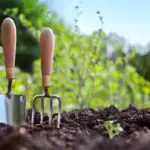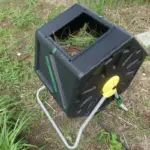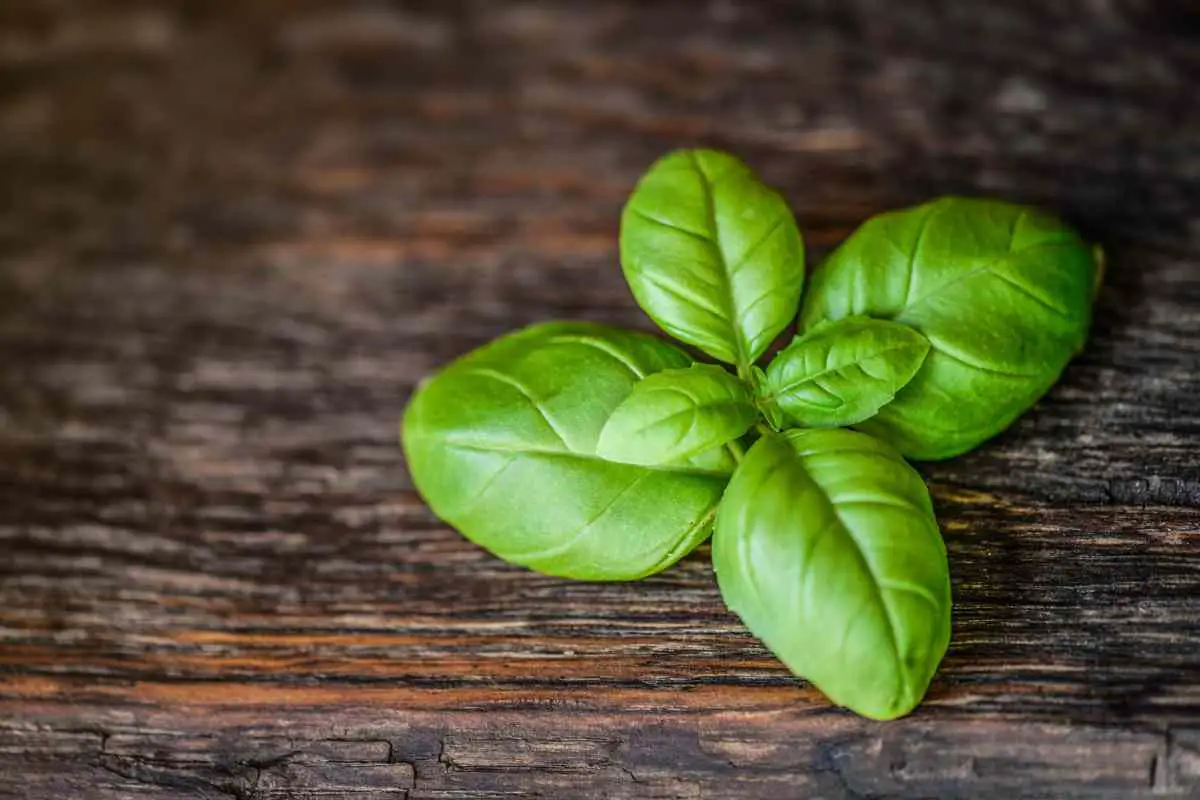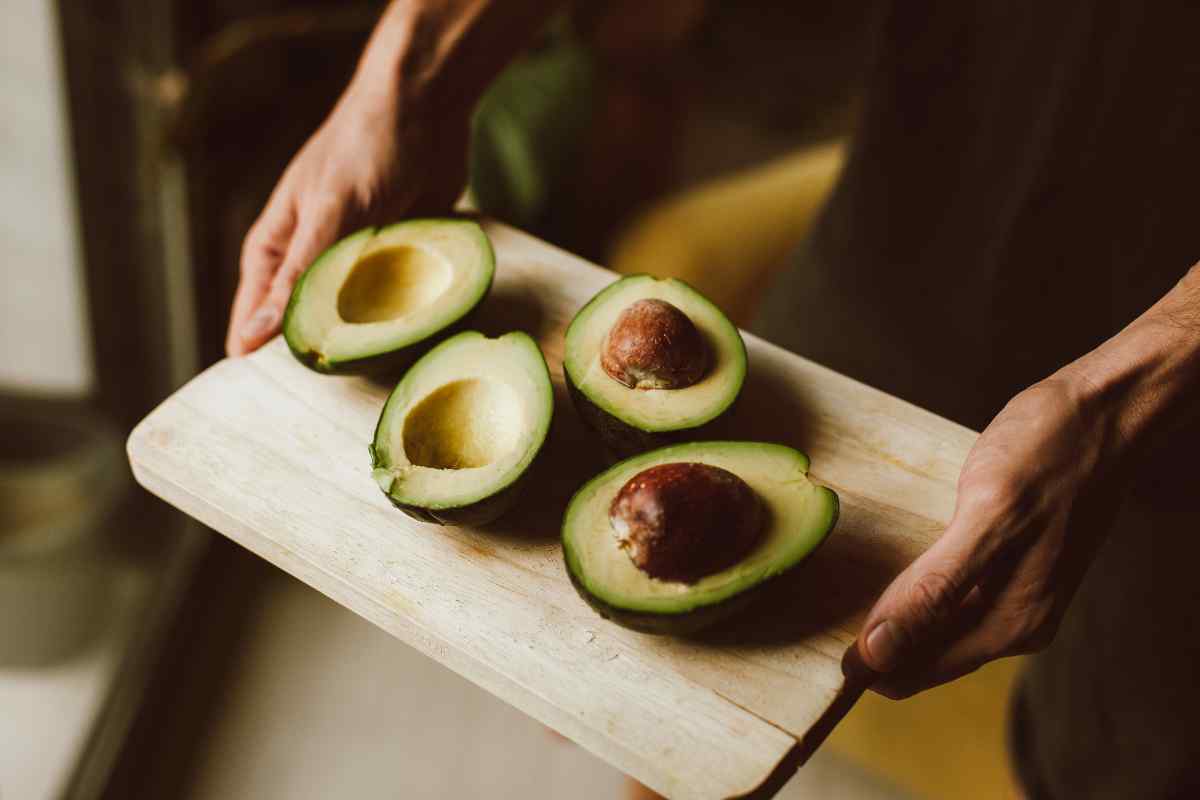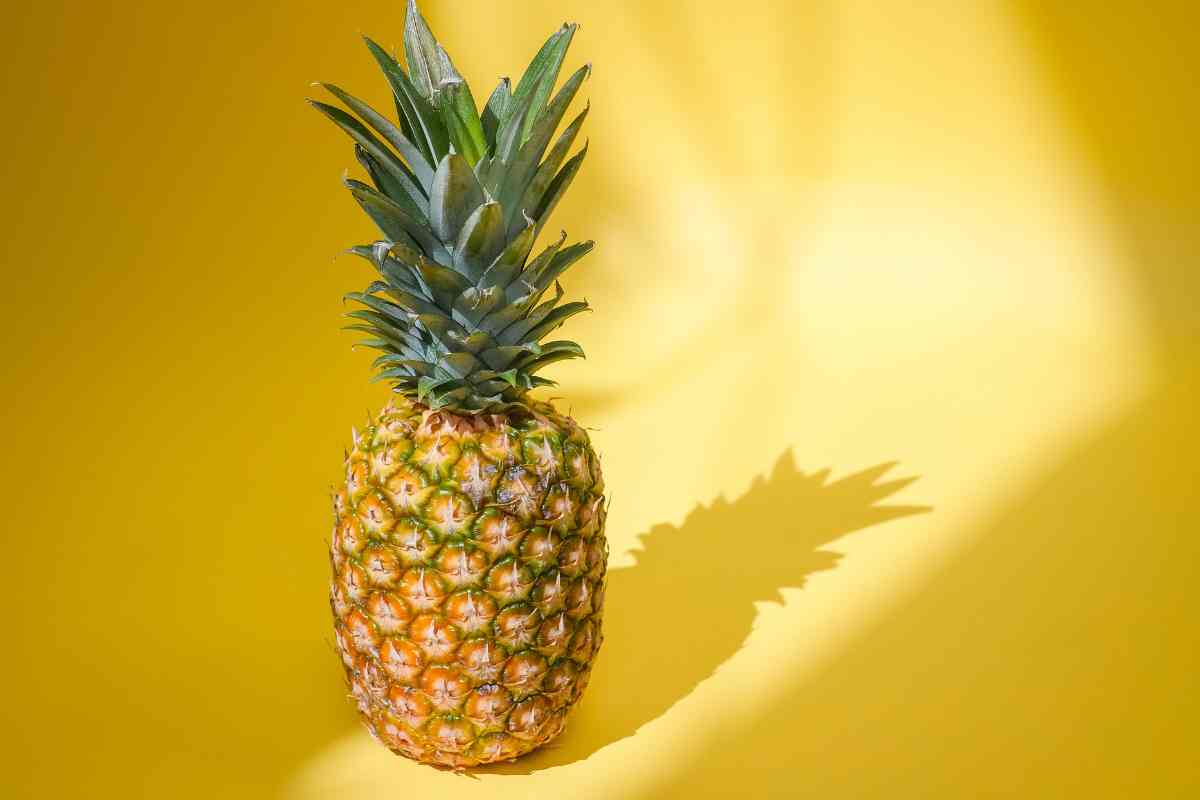Are you tired of spending money on fruits and vegetables that just don’t taste as good as they should? Have you ever considered growing your own produce?
Florida is the perfect place to start your vegetable gardening journey. With a year-round growing season and a variety of crops that thrive in the state’s warm and humid climate, Florida offers endless opportunities for home gardeners.
In this article, we’ll provide you with a comprehensive guide on how to start and maintain a successful vegetable garden in Florida.
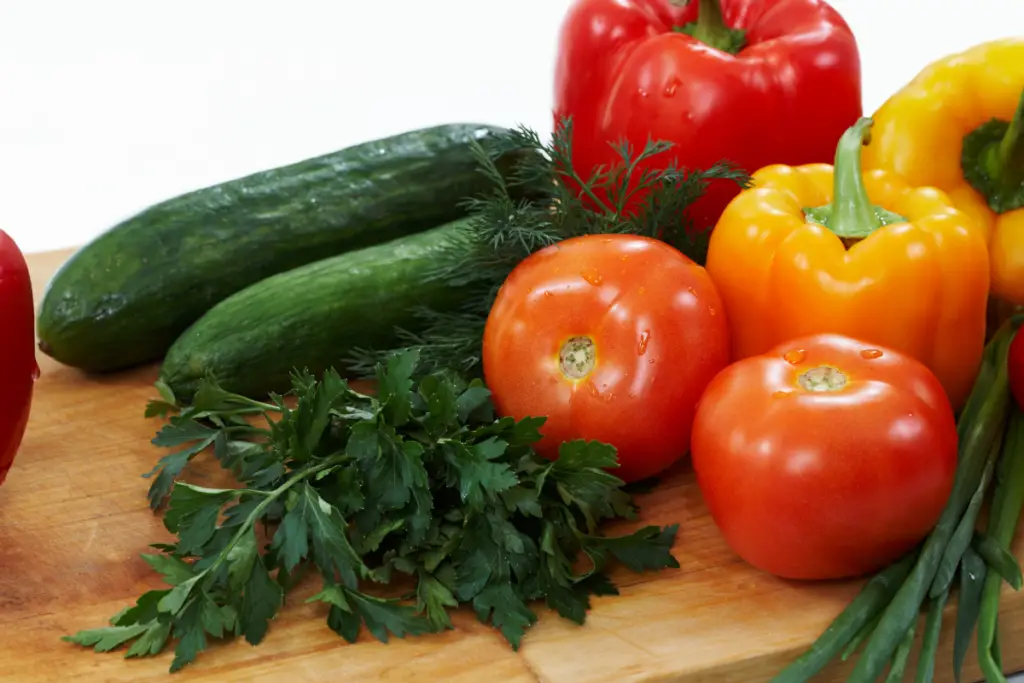
Table of Contents
Benefits of Growing Your Own Vegetables in Florida
Before we delve into the specifics of Florida vegetable gardening, let’s first discuss the benefits of growing your own produce.
Freshness and Flavor
When you grow your own vegetables, you can harvest them at their peak ripeness, resulting in produce that’s fresher and tastier than anything you can buy in a grocery store.
Health and Nutrition
Homegrown vegetables are also healthier than store-bought produce because you can control what goes into the soil and what pesticides or fertilizers are used. Additionally, freshly harvested vegetables retain more of their nutrients than those that have been sitting on a shelf for days or weeks.
Cost Savings
Growing your own vegetables can also save you money in the long run. While there may be an initial investment in setting up your garden, the ongoing cost of buying and maintaining seeds is much lower than constantly buying produce from a grocery store.
Planning Your Florida Vegetable Garden
Now that we’ve covered the benefits of vegetable gardening, let’s dive into the specifics of planning your garden.
Location
The first step in planning your vegetable garden is choosing the right location. Your garden should receive at least six hours of direct sunlight per day, and it should be in an area with good drainage.
Soil Preparation
The soil in Florida can be sandy and lacking in nutrients, so it’s important to prepare it properly before planting. Consider adding compost or other organic matter to improve the soil’s fertility and water-holding capacity.
Vegetable Selection
When choosing which vegetables to grow in your Florida garden, consider the climate and the time of year. Some vegetables that do well in Florida include tomatoes, peppers, cucumbers, squash, and okra.
Maintaining Your Florida Vegetable Garden
Once your garden is established, it’s important to maintain it properly to ensure a successful harvest.
Watering
In Florida’s hot and humid climate, it’s important to water your garden regularly. The frequency of watering will depend on the weather and the type of soil you have, but generally, you should aim to give your plants about an inch of water per week.
Fertilizing
Vegetables need many nutrients to grow, so it’s important to fertilize your garden regularly. Consider using organic fertilizer or compost to avoid harmful chemicals.
Pest Control
Florida is home to a variety of pests that can damage your vegetable garden. Consider using natural pest control methods, such as companion planting or insect-repelling plants, to keep pests at bay.
What Vegetables Grow Best in Florida?
Some vegetables that do well in Florida include tomatoes, peppers, cucumbers, squash, and okra.
Why not check out our full article: 12 Easy to Grow Vegetables for South Florida
Conclusion
Growing your own vegetables in Florida can be a rewarding and cost-effective way to provide your family with fresh, healthy produce.
By following the tips and tricks outlined in this article, you can start and maintain a successful vegetable garden in Florida.
- How to Build a Planter Box for Bamboo: A Step-by-Step Guide
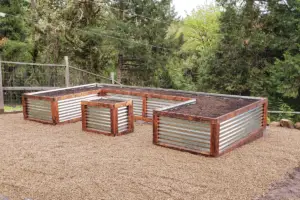
- Can Robotic Lawnmowers Handle Steep Slopes?
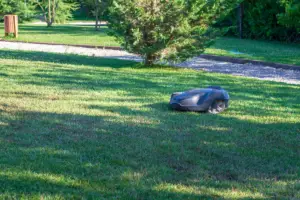
- Do You Need a Specific Lawn for a Robotic Lawnmower? Expert Advice
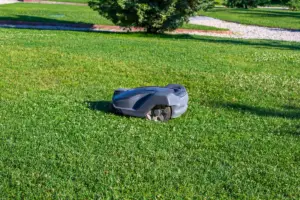
- Are Robotic Lawnmowers Safe for Pets and Children? Safety Features of Robotic Lawnmowers

- Why Use Robotic Lawnmowers? Advantages of Using a Robotic Lawnmower
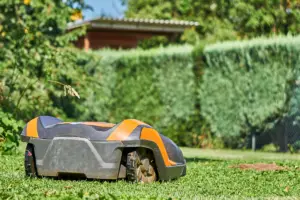
- Is the GARDENA SILENO City 300 Cordless or Corded? A Clear Answer










